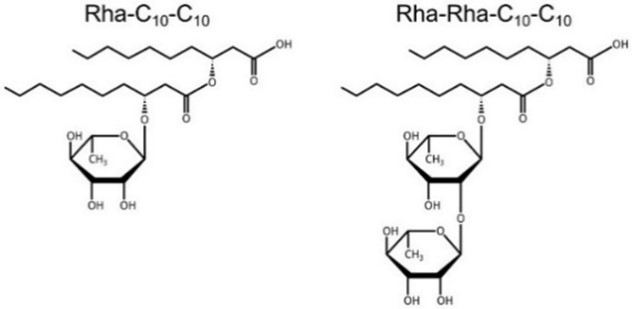To address these challenges, Stepan launched Project SHIELD Ecophytomaturation program in 2021 in partnership with two French academic laboratories, Génie enzymatique et cellulaire (GEC) and Résistance Induite et Bioprotection des Plantes (RIBP). Project SHIELD explores the effects of rhamnolipids on Sclerotinia to better understand the underlying mechanisms of their efficacy and their loss upon application.
Working Towards a Solution
The French National Research Agency (ANR) awarded Stepan and its academic partners a three-year grant to develop a robust and efficacious solution that could replace the systematic use of chemical pesticides to combat rapeseed Sclerotinia. In this partnership, (GEC) and (RIBP) academic laboratories will study the direct antifungal and plant protection properties of mixtures in the laboratory, while Stepan will provide its expertise in formulation development and mitigation of loss mechanisms. This consortium of experts will be helped by service providers with skills in the evaluation of biocontrol solutions on rapeseed in the field.
The combined expertise in biology from GEC and RIBP, and chemistry and agrichemical formulation from Stepan will enable Project SHIELD to further the understanding of rhamnolipids’ biological efficacy and ways to enhance it, so farmers can improve penetration and spreading, improve retention, prevent rainwash and ultraviolet light degradation. The aim is to have a new biocontrol solution against rapeseed Sclerotinia that is efficient and economically competitive, which current biocontrol solutions are lacking. Furthermore, this will enable the dissemination of knowledge and its application to other pathosystems.
Evolving global sustainability needs and demands will continue to shape Stepan’s work. We believe that with our employees’ commitment to ESGs and our advanced network of Stepan partners, we will continue to drive the progress and advancement needed to deliver sustainable growth now and into the future.






